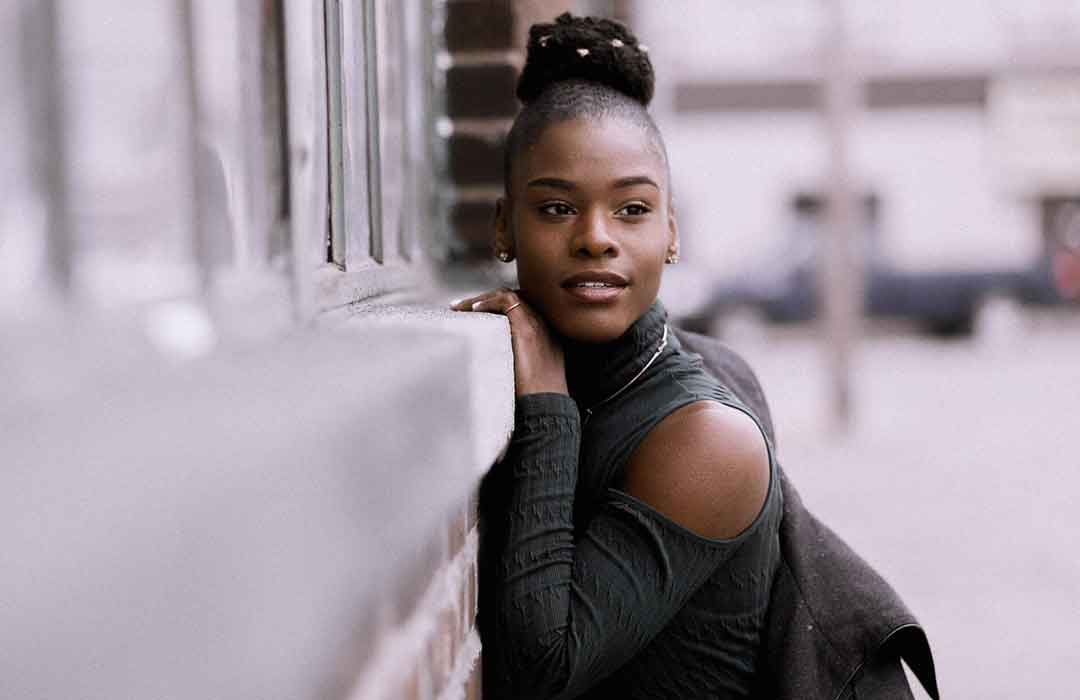
Therapy is an incredibly rewarding process—but it doesn’t come without its challenges. Especially for a certain group of individuals: Black men and women. Keisha Wells, licensed professional counselor, explains that in a traditional sense, counseling is a “foreign” concept and viewed as a “last resort” in the Black community; however, times are changing and many Black men and women are now finding refuge in therapy: “Black men and women are participating more in therapy and seeking services to address a myriad of issues and overall improve the quality of their lives,” she says. “But traditionally, therapy has been a foreign practice in Black culture and viewed as a last resort for individuals who are labeled as ‘crazy.’ To dispel this myth, a therapist may provide insight on how therapy can be beneficial for individuals with major life transitions such as divorce or those who simply want to improve on sustaining relationship boundaries. A person does not have to be weak or in crisis for therapy to be a productive and positive intervention,” she concludes.
Tashika Holloway, licensed professional counselor, concurs with Wells’ assertion and says that there are a few essentials to achieving success in therapy sessions with your Black clientele. She delves into the importance of talking to them about the benefits of therapy, as recommended by Wells above, and also shares a few other keys to counseling Black men and women most effectively. Here are her tips:
1) Be solution-focused.
Holloway first says it’s important therapists are solution-focused when it comes to counseling Black men and women: “In my recent dissertation research with Black counselors, some of the most significant factors were overcoming unrealistic expectations about counseling and retaining Black clients in counseling,” she explains. “For example, Black clients often expect to be in counseling for a shorter period of time or want advice. As a result, counselors may need to be more solution-focused even if this is not the counselor’s preferred counseling style. Black men and women more often present to counseling in times of crisis and if we feel our specific problem was not addressed or solution offered, then we may not feel it was effective or useful and not return for the next session.”
2) Focus on psychoeducation.
Another key to succeeding in counseling with Black clientele is placing a heavier focus on psychoeducation. “Black individuals may also need more psychoeducation in the beginning of counseling,” says Holloway. “For example, explaining the purpose of therapeutic homework assignments, how you help clients change, and explaining certain diagnoses.” This is a significant factor because oftentimes, Black men and women have even more reservations than other therapy recipients. The idea of therapy is foreign, as they’re told to toughen up and utilize other means of dealing with their issues—such as their faith. Therefore, you may need to spend a good bulk of time teaching your Black clients about how the therapeutic process will unfold and ,perhaps more importantly, how it will help them.
3) Offer support in overcoming stigmas.
Holloway says that a third critical aspect to helping your Black clientele is providing a great degree of support in helping them overcome the many stigmas briefly mentioned above. “Offering more support and encouragement to overcome stigmas is crucial. The decision to pursue counseling can be difficult for many clients, but for Black men and women, there is often more of a stigma,” she explains. “Seeking counseling may conflict with other personal values such as spirituality and faith and being strong. As a result, we may not even want family or friends to know we are in counseling. Reassuring Black clients that you can utilize all forms of support is a strength.”
4) Build a strong therapeutic relationship early.
And lastly, it’s extremely important that therapists work on establishing that connection and building a strong therapeutic relationship from the get-go. “Finally, building a strong therapeutic relationship early is key to addressing our concerns and fears and overcoming many of these obstacles,” Holloway says. “Whenever I asked clients about past counseling experiences, they often said they didn’t feel a connection or that the counselor truly cared. While every client will not be a fit, relying on one’s basic counseling skills will likely create an environment conducive to change and healing.” These skills include empathizing, listening carefully and thoughtfully, asking open-ended questions, and ultimately keeping your client’s best interest in mind.
Let’s keep in touch! Sign up to receive our newsletter:
Start a Relationship with An Exceptional Counselor
- Skilled and caring professional counselors
- Accepting all major and most insurances
- High-touch customer service & premium benefits
- Same- or next-day appointments
- Ultra-flexible 23.5hr cancellations














Your article is helpful. Thank you.